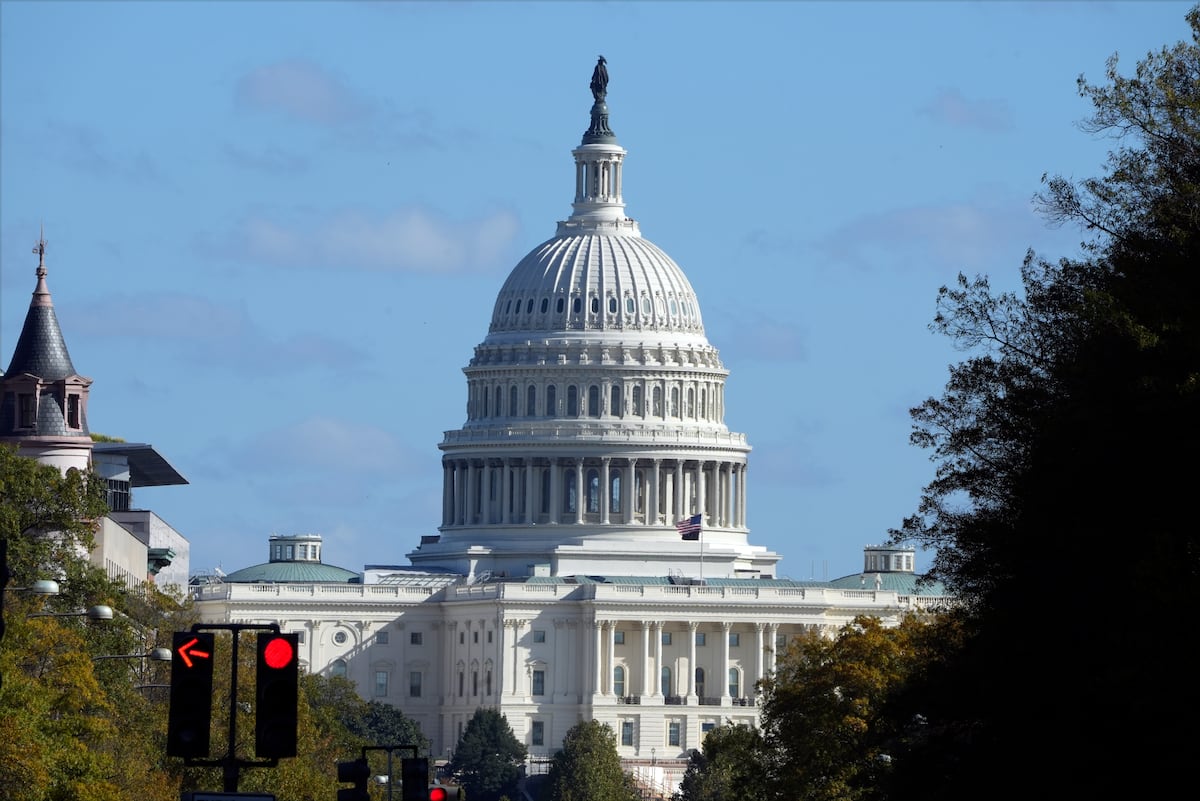Republicans gain control of the Senate and aspire to keep the lower house USA Elections

The congressional battle is somewhat overshadowed by the presidential election, but it is more important in determining the new president’s room for maneuver. The scrutiny of the House of Representatives elections will continue for several days or weeks, but Republicans have already gained control of the Senate with 51 out of 100 seats. At present, it is not decided which party will get the majority in the lower house, but Donald Trump’s party wants to retain it.
In these elections, 34 of the 100 senators are elected, whose term of office is six years and whose composition is renewed by one third every two years. Currently, the correlation of forces favors the Democrats by a narrow majority of 51 seats (including independents) compared to 49 Republicans. The positions that now need to be renewed are those that were elected in Donald Trump’s midterm legislative elections in 2018, in which Republicans faced severe punishment. Therefore, of the 34 senators at stake, 23 belonged to the Democrats and their allies, while only 11 were in the hands of the Republicans.
Additionally, three of the 23 Democratic seats were theoretically red states with a majority of Republican voters. Trump’s party has won all three. First, West Virginia, where outgoing senator Joe Manchin resigned from running for re-election. He will be replaced by Republican Jim Justice, who won with great clarity. Bernie Moreno has taken his seat in Ohio from Democratic Senator Sherrod Brown. And Tim Sheehy has defeated Senator Jon Tester of Montana, another strong Republican state. On the other hand, in Nebraska, independent Dan Osborn trails Republican Deb Fischer.
As if that weren’t enough, Democrats have five other seats at stake in purple states that sometimes swing toward one party and sometimes toward the other. They correspond to the five states considered decisive in presidential elections: Pennsylvania, Michigan, Wisconsin, Arizona and Nevada. His position is in danger in all of them, although Democrat Ruben Gallego seems to be ahead in Kari Lake in Arizona. Republicans are most likely to have between 51 and 55 of the 100 senators.
The Republicans, on the other hand, did not risk renewing any of their positions in hostile territory. Rick Scott comfortably retained the Florida seat, which was one of the Democratic objectives, and Ted Cruz won against Colin Allred, which was the other seat at stake.
control of the lower house
In addition, during this Tuesday’s elections, the 435 seats of the House of Representatives, until now controlled by Republicans, although with a narrow majority, will be completely renewed, as they do every two years. There are many seats that are sure to be renominated, as they fall into clearly Republican or Democratic districts. The fight is in about 70 competitive districts, but results will be delayed by days or weeks, especially in California’s competitive districts, where wait times for mail-in voting and recount processes greatly slow the count.
In any case, the apparent good forecasts for Donald Trump in the popular vote in the presidential elections and the partial results of the legislative elections allow Republicans to also aspire to maintain the majority in the House of Representatives. This will make things easier for the former president if he ultimately manages to return to the White House. The tax cuts and immigration reforms he has promised must be approved by both houses, while the Senate has the power to confirm appointees.
(Tags to translate) US election
